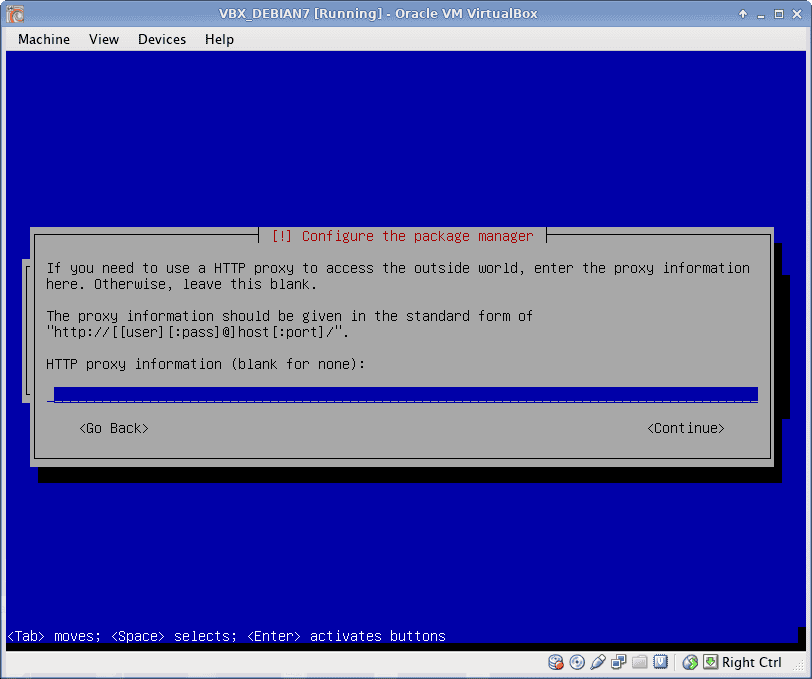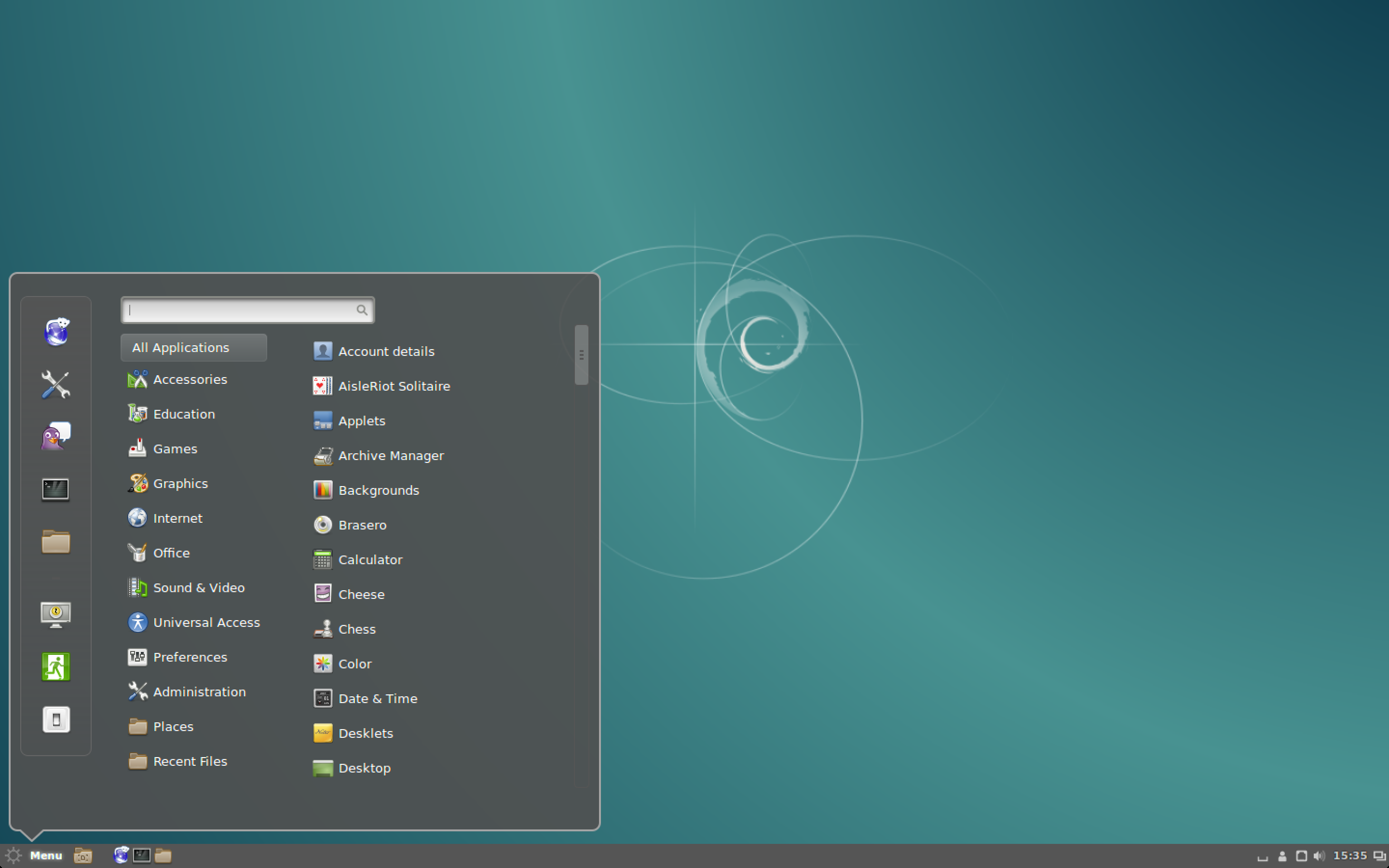
DNF is most commonly used as the primary package manager on RPM-based Linux distributions-Fedora, CentOS, and RHEL.ĭNF was developed with the primary motive of making up for the loopholes in YUM and offers performance boosts and other quality-of-life updates to those migrating from YUM. DNFĭandified Yum or DNF is the generational successor of the Yellowdog Updater Modified (YUM) package manager. APTĪdvanced package tool or APT is a free and open-source package manager shipped as the default package management solution for Ubuntu/Debian derivatives. As the name suggests, package managers deal with packages: collections of files that are bundled together and can be installed and removed as a group. It follows a server-client mechanism to synchronize updates in the local system with the latest releases on the server, fitting in perfectly with the bleeding-edge philosophy of Arch. Pacman is the default package manager for all Arch-based distributions. The apt-cache command is used to search for packages and retrieve details about a package.

apt-get and apt-cache: The apt-get command manages the installation, upgrades, and removal of packages (and their dependencies). In case you're wondering what the best options are, here's a short list of the most prominent package managers for Linux: 1. Both Ubuntu and Debian recommend the apt command over apt-get and apt-cache.

Due to its pioneering work in Linux distributions, Debian has a large user.
.jpg)
There are several package managers available to download for free. It is known to be the first distribution to include a package management system.


 0 kommentar(er)
0 kommentar(er)
